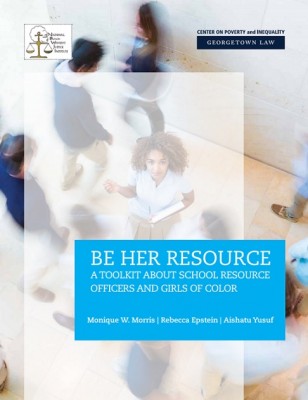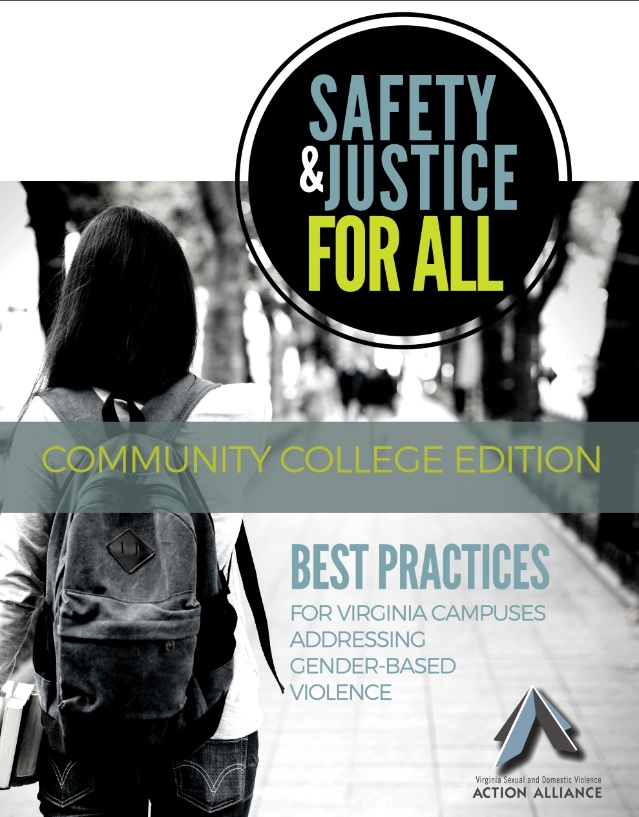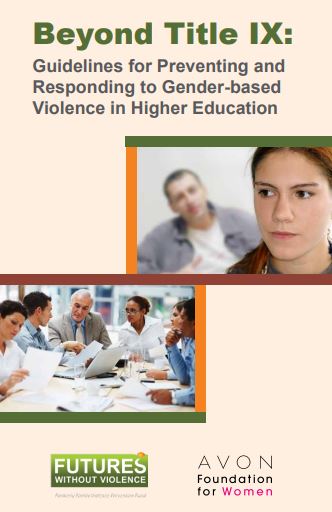Start a Search:
Author: Action Alliance
Barriers to and Promising Practices for Collaboration between Adult Protective Services and Domestic Violence Programs
Barriers to and Promising Practices for Collaboration between Adult Protective Services and Domestic Violence Programs is published by the National Center on Elder Abuse and the National Adult Protective Services Association (NAPSA). This report recommends that Adult Protective Services (APS) and Domestic Violence Programs collaborate on providing services for older adults experiencing domestic violence. Included are potential barriers to collaboration as well as examples of successful collaborations and initiatives.
Battered Women’s Justice Project
Battered Women's Justice Project offers training, technical assistance, policy analysis, and consultation on the most promising practices of the criminal and civil justice systems in addressing intimate partner violence. Staff members have particular expertise in assisting jurisdictions around the country to implement coordinated interagency responses to IPV that maximize victim safety and offender accountability.
Be Her Resource: A Toolkit About School Resource Officers and Girls of Color

As the numbers of police in our schools steadily increase, so do the disproportionate rates of discipline against girls of color. In recognition of this reality, Georgetown Law’s Center on Poverty and Inequality and the National Black Women’s Justice Institute conducted focus groups and interviews primarily in the South with girls of color and police officers to gather first-hand information about their interactions.
Based on this work, this toolkit provides guiding principles and policy recommendations that are designed to improve interactions between girls of color and SROs, with the ultimate goal of reducing these girls’ disproportionate rates of contact with the juvenile justice system.
Best Practices Guides for Virginia Campuses Addressing Gender-Based Violence
Recommendations, resources, and concrete examples for campus leaders interested in implementing a trauma-informed and social justice-oriented response to sexual assault, dating violence, stalking, and other forms of gender-based violence on campus.
The Action Alliance created these recommendations based on more than 35 years of gender-based violence response, prevention, and policy work, as well as information gathered from a variety of governmental agencies, professional organizations, and survivor groups.
Recommendations, resources and specific examples are categorized by discipline:
• Campus Administrators
• Advocates and Campus-Based First Responders
• Faculty and other Instructional Employees
• Campus Law Enforcement and Campus Security
• Prevention Specialists
Interactive versions feature live links to concrete examples and resources.
Published September, 2021
111 pages
Click the image to download the guide!

Beyond Title IX from Futures Without Violence

Futures without Violence and the Avon Foundation brought together a National Campus Advisory board to provide guidance on the new guidelines set forth around Title IX in responding to sexual assaults on college campuses. This report, which comes from this gathering of experts, seeks to move the efforts of higher education institutions past complying with the guidelines to creating a culture of gender-based violence prevention and response.
Excerpt: While legal requirements shape how campuses address gender-based violence, this document goes beyond the legal requirements and points the way to systems, practices and policies for leadership in prevention and response. It addresses intimate partner violence, stalking and sexual misconduct, recognizing that institutions may choose to have separate or integrated policies regarding these offenses. Although many campus policies, as well as the Dear Colleague Letter, address only sexual misconduct explicitly, intimate personal violence and stalking also contribute to an environment hostile to women and are often interrelated.


